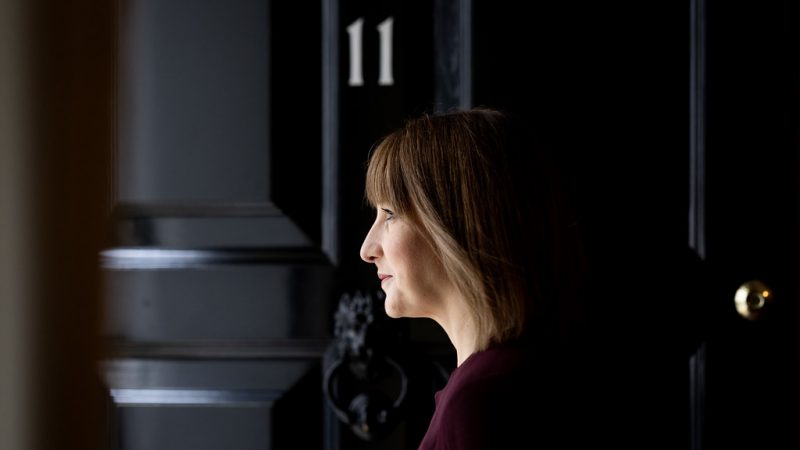
Labour members are not particularly difficult to understand. They’re left wing and they’re liberal. They hated Brexit and they like the NHS. They don’t like poverty and they like policies that reduce it. They’re generally not particularly active; only a small proportion of the 309,000 paid up members will be attending meetings and campaigning for the party.
They’re often a bit vaguer on detail than you’d expect. They liked Keir Starmer and voted for him because he ran on an incredibly ‘generic Labour member’ platform, and because, in lots of ways, Starmer is perhaps the most ‘generic Labour member’ Labour politician: a liberal, not particularly factional or ideological, someone cares about human rights and abolishing the death penalty and leaves the developed thoughts on political economy to other people.
As such, LabourList’s new polling of members’ estimation of the cabinet post-Spring Statement and of their general wants, policy wise, is far from surprising. They aren’t happy about welfare cuts; accordingly, their not-stunning-to-begin-with view of Rachel Reeves (formerly enjoying an approval rating of minus 11), who fronted the statement, has plummeted by 30 points to minus 41. Starmer, with whom the buck stops, is down by around 26 points; Liz Kendall, who holds the work and pensions brief, is down by about the same.
‘Being willing to contradict the membership should go with giving them a narrative about why you’re doing it’
Outside of assessments of different cabinet members, what the polling reveals about the policy preferences of Labour members is also unsurprising: 89% of those surveyed support a wealth tax (arguably, of course, through policies like VAT on private schools and changes to inheritance tax, Labour has already implemented forms of wealth tax).
Starmer, Reeves et al are not unfamiliar with the views and demands of Labour members. Morgan McSweeney ran Liz Kendall’s 4.5% leadership campaign in 2015, and then Starmer’s 2020 home run; he’s certainly aware of the need to talk to the electorate you have. However, a consistent message of this leadership has been ‘country before party’, the implicit reasoning behind this being: Labour Party members don’t know what’s best for the country or even, indeed, the party.
READ MORE: Reeves sees approval plummet among Labour members after Spring Statement
There’s some truth in this, of course: to win, parties must always go beyond their bases, and be willing to contradict or go against the wants of their memberships. If the Tory Party listened to its base in the coalition years, it never would have passed gay marriage; LabourList’s polling shows Labour members’ favourite cabinet member by some way is Ed Miliband, who, as you’ll recall, did not lead the party to glorious electoral triumph during his time in the leader’s chair.
But being willing to contradict the membership should go hand in hand with giving them a narrative about why you’re doing it: a contract that says, you might not like everything we do, but this will make the country better in many of the ways you want. Labour hasn’t been providing this narrative, and being willing to contradict the membership is not the same as actively alienating them, which is what 68% of Labour members thinking the party is heading in the wrong direction means.
‘If you’re not pleasing any of the people any of the time, there’s something to be said for getting your own house in order first’
As I have written elsewhere, bad party management has been a hallmark of the Starmer era. Its impacts are insidious, until they aren’t: a slow drop off in numbers of people willing to come out and campaign, a smattering more applications for jobs outside from unhappy party staff, an increasingly difficult time getting your people elected in internal positions, a future leadership election premised on who can most distance themselves from your legacy.
The logic of country before party is that you will do things in spite of your membership for the approval of the wider country. If Starmer and Reeves were riding high outside, that would be one thing. They aren’t, however: post Spring Statement, a More In Common poll put Labour at 21%. That’s third place, behind both the Tories and Reform.
You can’t please all the people all the time. But if you’re not pleasing any of the people, any of the time, there’s something to be said for getting your own house in order first. There would be far worse uses of energy and resources than repairing the relationship between the party’s membership and its leadership, and making members believe that their contract with their leader is worth something again. Without work on this, further bad polling will be similarly unsurprising.




More from LabourList
‘As metro mayors gain power, Labour must tighten political accountability’
Letters to the Editor – week ending 22 February 2026
‘The coastal towns where young people have been left behind by Whitehall’